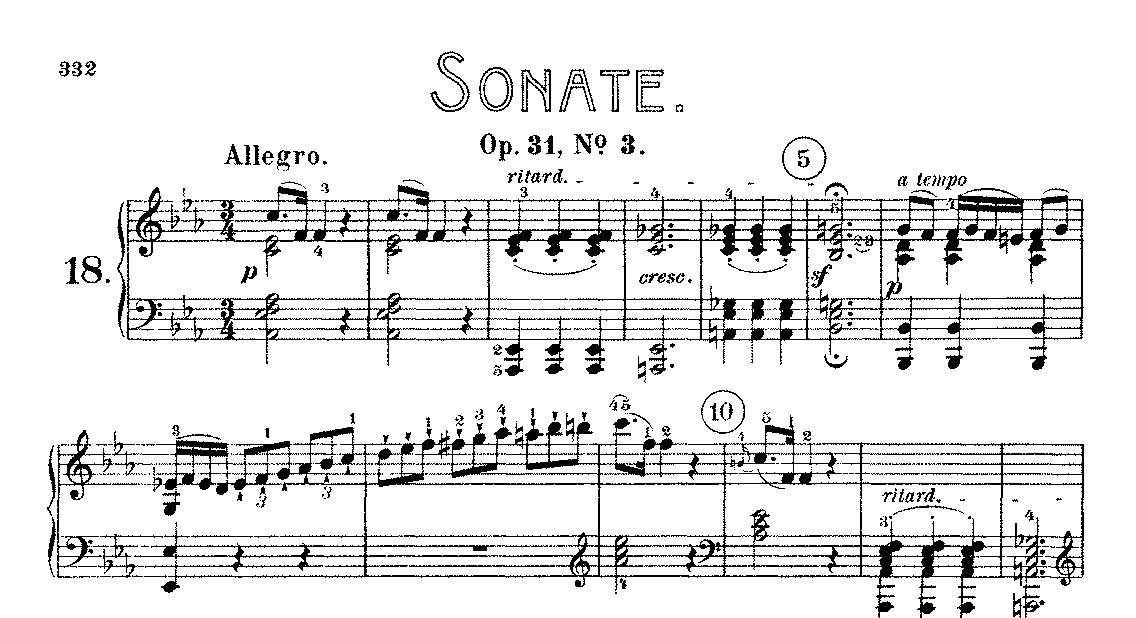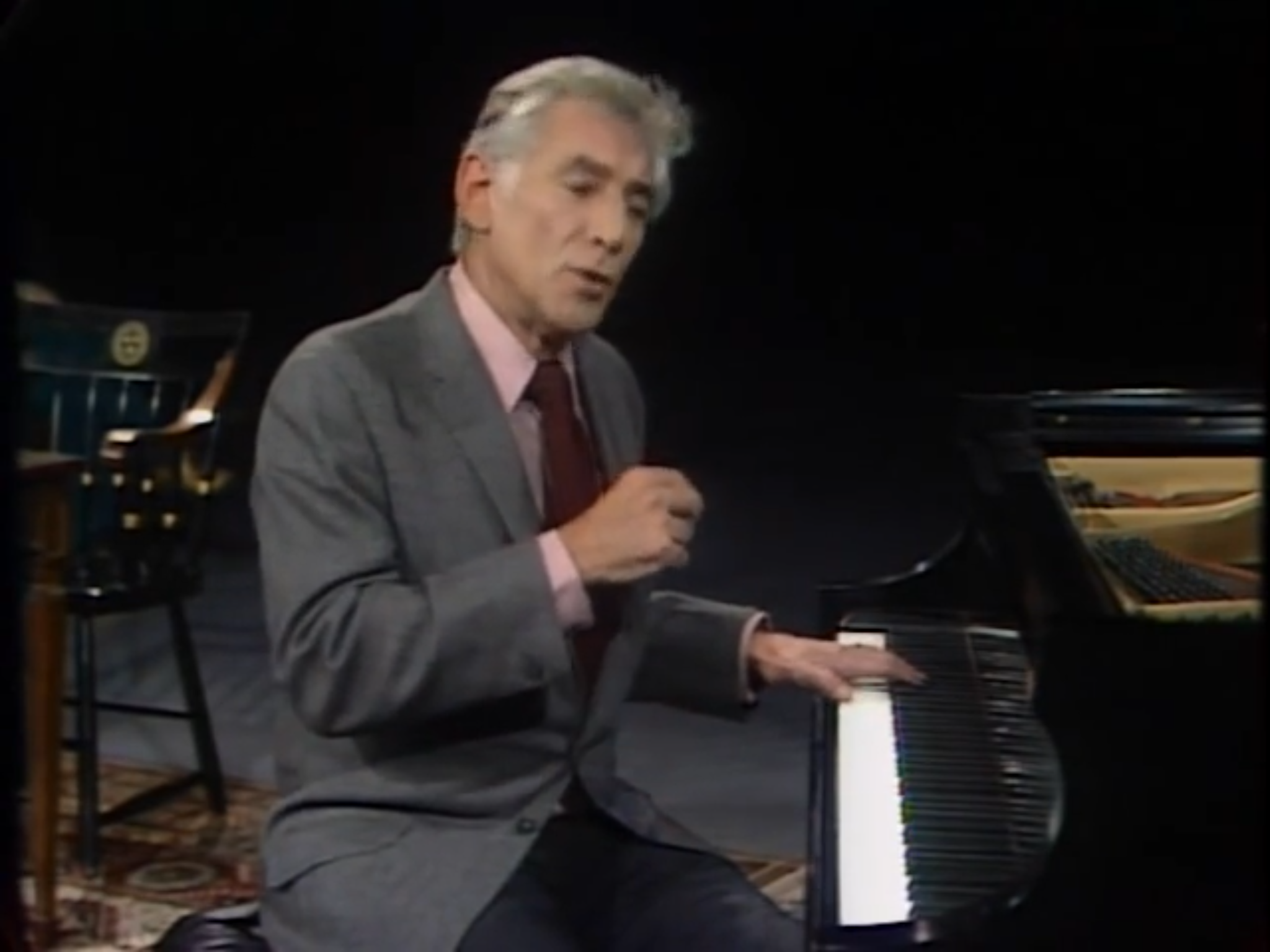In May of 2015 I lead Symphony Number One in our debut concert in Baltimore. Here's an audio essay I posted ahead of our launch:
We think we can better serve the composers we feature by focusing on just one emerging composer at a time rather than lumping all of them together onto one concert. Even trained musicians can get overwhelmed by a multitude of new compositional voices presented on one concert; how can we expect our audience to do any better? When this happens, your memories start to get flattened and you tend to only remember features like special effects, strange instruments, or other novelties, rather than to deeper musical layers.
...Bartok, for instance, gives us not only metronome markings, but precise timings for sections as a second check against grossly deforming his works. He believes his music to be more delicate with regards to timing, so one wrong move and snap. Mahler, on the other hand, gives loads of instruction with regard to tempo, some metronome markings, but a degree of sturdy flexibility to his music. It seems that his approach to harmony and orchestration further supports this.
Leonard Bernstein's Norton Lecture Series of 1973 has played a critical role in helping to define a particular landscape of thought which might be best described by Bernstein’s own (admittedly nonacademic) term, "musico-linguistics". While not a formal discipline, the term characterizes and encompasses the body of thought upon which he speculates in six multi-hour lectures at Harvard.
A year before my first Boulez performance, I wrote an essay about what it's like to listen to Boulez in 2009.
...upon repeated hearing, this music does indeed open itself up to the listener. It slowly, reticently yawns forth its secrets to the hearer in unexpected ways. His output is by no means monolithic either, with very thorny yet electric piano sonatas and sometimes breathless long-distance sprints like Sur Incises (cue the linked clip to 4:15 to hear this ‘long-distance sprint’), contrasted by eerily celestial portions of Pli selon Pli and the richly colorful ‘folds’ of the aforementioned Le Marteau.
The most obvious concrete benchmark for quality is the demonstration of compositional craft. Here are some elements and composers that can be recognized for their innovation and/or mastery.





